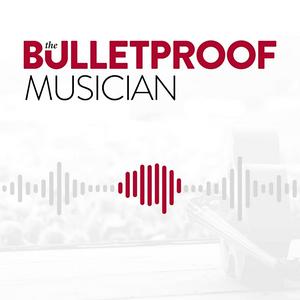In some years it feels easier to begin the new year with a lot of energy and enthusiasm. Other years, it can be difficult to get going and build up those new habits that we’d love to develop.
Whichever kind of year this is shaping up to be for you, I have a few things planned these next few weeks to help make it a productive one.
Today, I have a couple studies to share that look at a popular technique for getting started when your motivation isn’t quite there.
Then, Coworking Week begins Monday, where we’ll have five days of drop-in coworking calls to clear distractions, get unstuck, and check things off your list (join here).
And the week after that, I’ll be opening the doors for the Winter Psych Essentials class, where through a month of group classes and gentle peer accountability, you’ll learn how to accelerate your progress, and perform more confidently in 2026 with research-based techniques and exercises from performance science that you can apply to your daily practice (details here).
But for now, let's take a look at a strategy that could make it easier to start (and finish) tasks, whether that be practicing, studying, or doing the laundry:
When You Can’t Get Yourself to Start Practicing, Try This
References
Ara, Z., Rahim, I. B., Zhou, P., Yu, L., Esmaeili, B., Yu, L., & Hong, S. R. (2025). You are not alone: Designing body doubling for ADHD in virtual reality. arXiv (Cornell University). https://doi.org/10.48550/arxiv.2509.12153
Eagle, T., Baltaxe-Admony, L. B., & Ringland, K. E. (2024). “It Was Something I Naturally Found Worked and Heard About Later”: An Investigation of Body Doubling with Neurodivergent Participants. ACM Transactions on Accessible Computing, 17(3), 1–30. https://doi.org/10.1145/3689648
More from The Bulletproof Musician
Get the free weekly newsletter, for more nerdy details and bonus subscriber-only content.
Pressure Proof: A free 7-day performance practice crash course that will help you shrink the gap between the practice room and the stage.
Learning Lab: A continuing education community where musicians and learners are putting research into practice.
Live and self-paced courses


